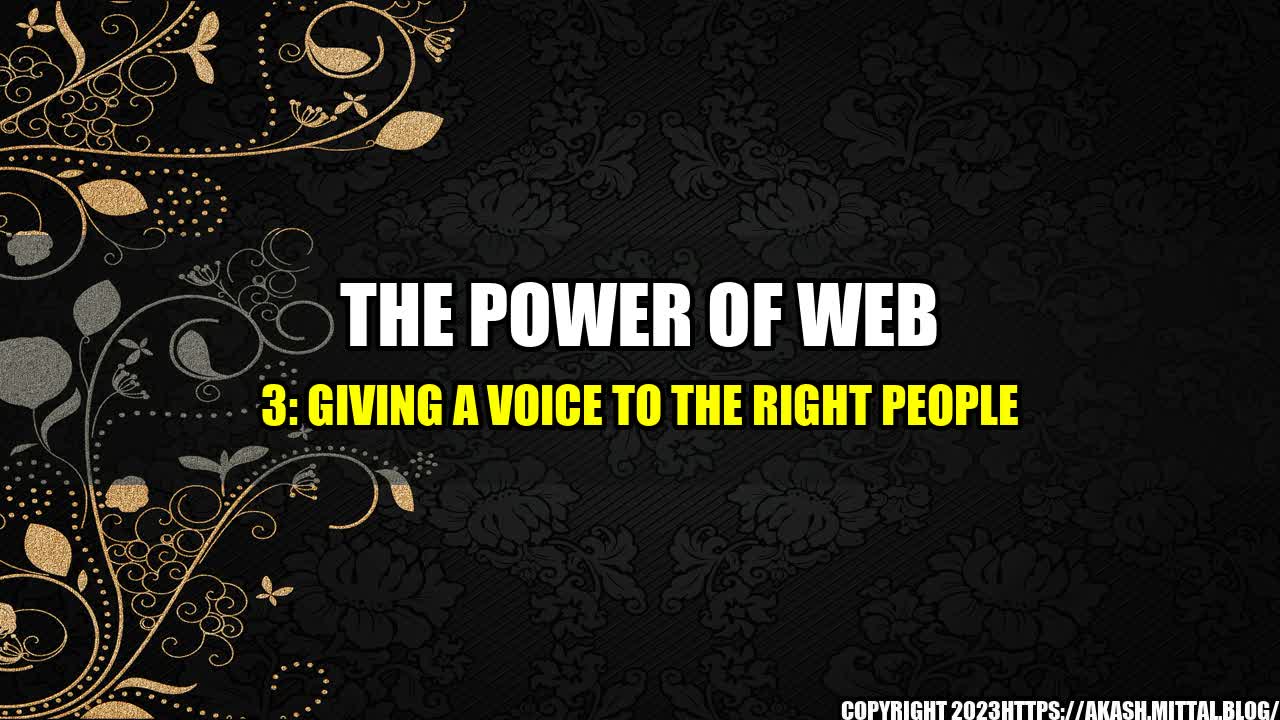
As a football player, Dez Bryant knows the importance of having the right people on the team. And when it comes to the world of Web 3, he believes that the same principle applies: it's not that Web 3 doesn't work, it's just that the wrong people have been given a voice.
In the early days of the internet, the power was in the hands of a few select players. But with the rise of Web 3, we are seeing a shift towards a more decentralized and democratized space. This means that individuals and communities are able to have more control over their online experiences, and can use the power of the blockchain to facilitate trust and transparency.
One example of this is the rise of decentralized finance (DeFi). Instead of relying on traditional financial institutions, people are able to use decentralized platforms to earn interest on their crypto holdings, or to access loans without the need for a credit check. This has the potential to create a more equitable financial system, where anyone with an internet connection can participate.
Another example is the use of NFTs (non-fungible tokens). These unique digital assets have taken the art world by storm, allowing artists to sell their work directly to collectors without the need for intermediaries. This has created new opportunities for artists to monetize their work, and has also opened up the art world to a wider audience.
But it's not just about finance and art. Web 3 also has the potential to revolutionize industries such as healthcare, education, and social media. For example, decentralized healthcare platforms could enable patients to have more control over their medical data, while decentralized education platforms could provide greater access to education for people in developing countries. And decentralized social media platforms could provide an alternative to the current centralized models, where a few big players have too much control over our online interactions.
So how do we make sure that the right people are given a voice in the world of Web 3? One solution is to focus on education and awareness. By providing people with the tools and knowledge they need to participate in the decentralized web, we can ensure that everyone has a chance to benefit from these new opportunities.
Another solution is to embrace diversity and inclusivity. By ensuring that people from all walks of life are involved in the development and use of Web 3 technologies, we can create a more vibrant and sustainable ecosystem that reflects the needs and interests of everyone involved.
In conclusion, Web 3 has the potential to create a more decentralized, equitable, and transparent internet. But in order to achieve this, we need to make sure that the right people have a voice. By focusing on education and awareness, and by embracing diversity and inclusivity, we can build a Web 3 that works for everyone.
References:
- https://ethereum.org/
- https://www.coindesk.com/
- https://decrypt.co/
- https://www.theblockcrypto.com/
- https://www.nftculture.com/
Hashtags:
#Web3 #DeFi #NFTs #Decentralization #Blockchain #Crypto #Diversity #Inclusivity #Education #Awareness
Category:
Technology
Curated by Team Akash.Mittal.Blog
Share on Twitter Share on LinkedIn